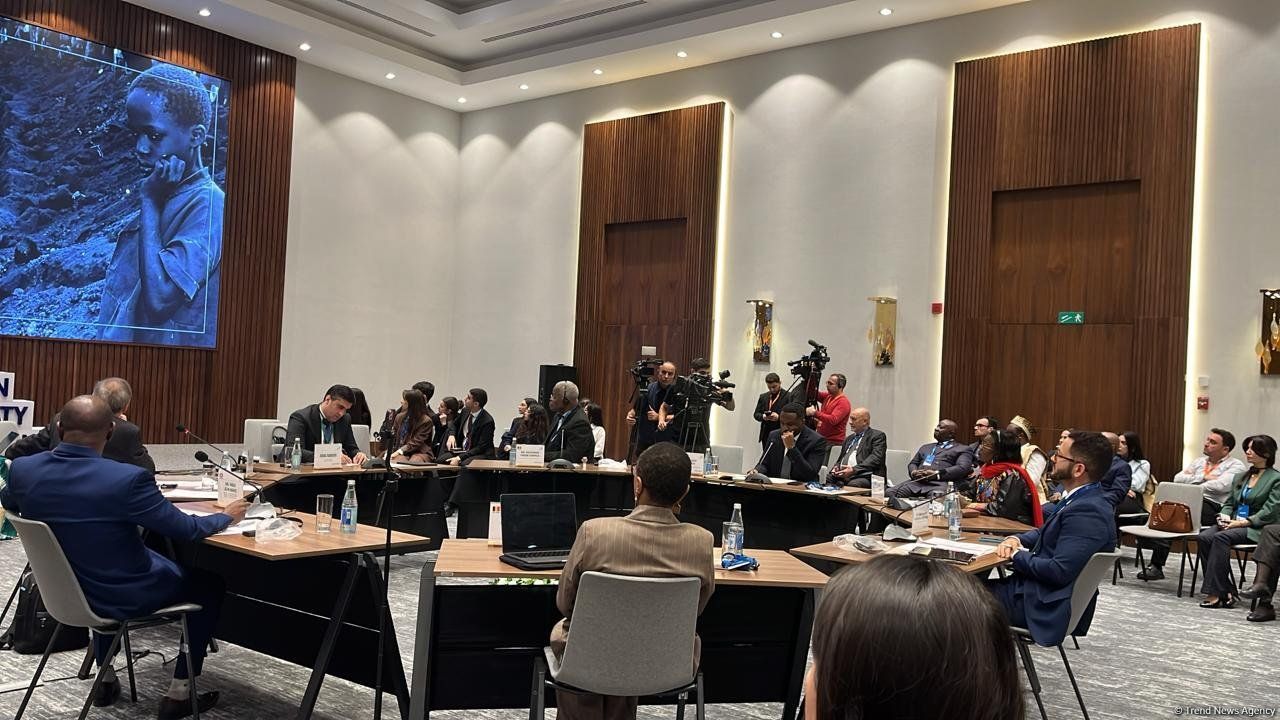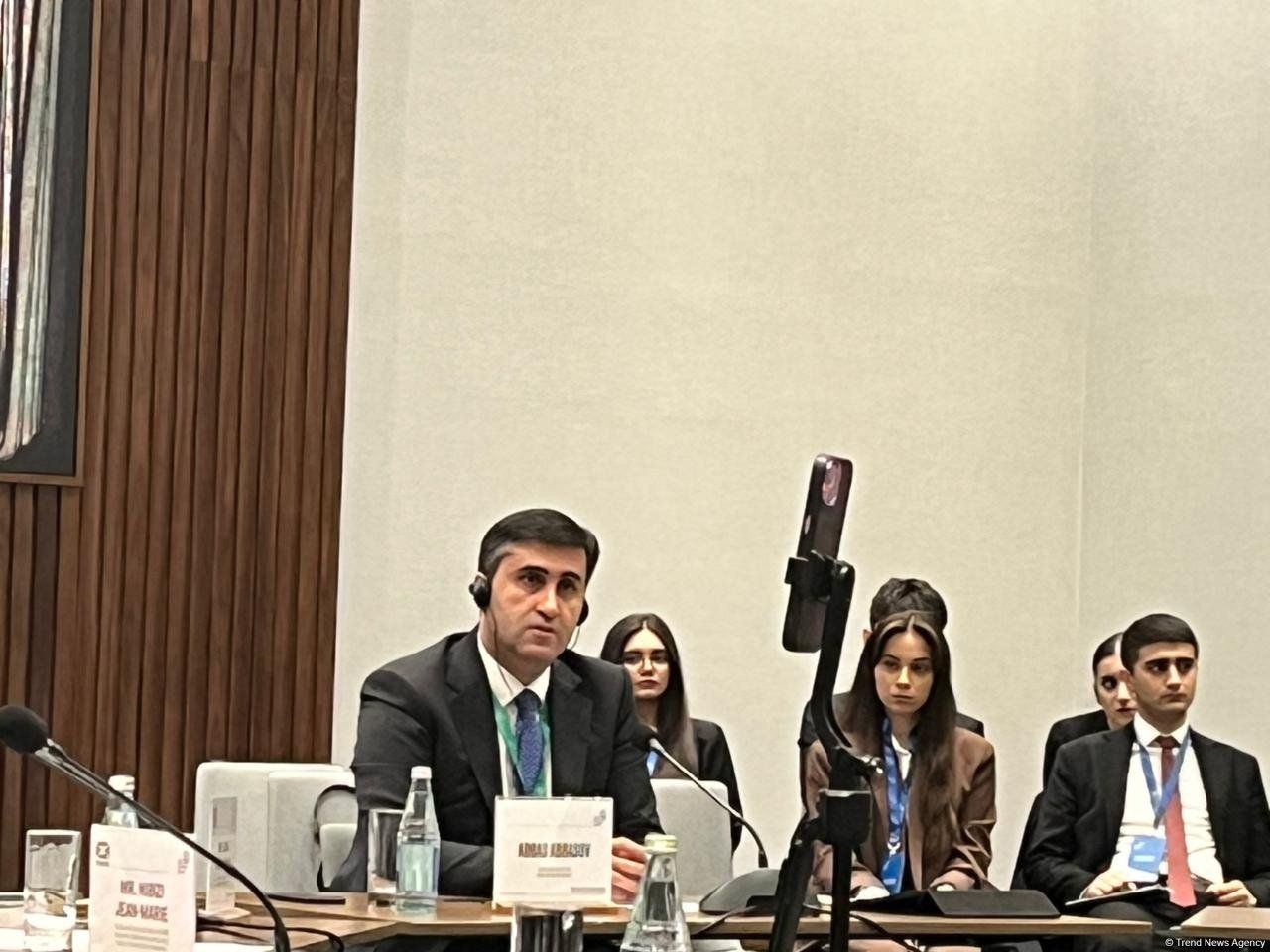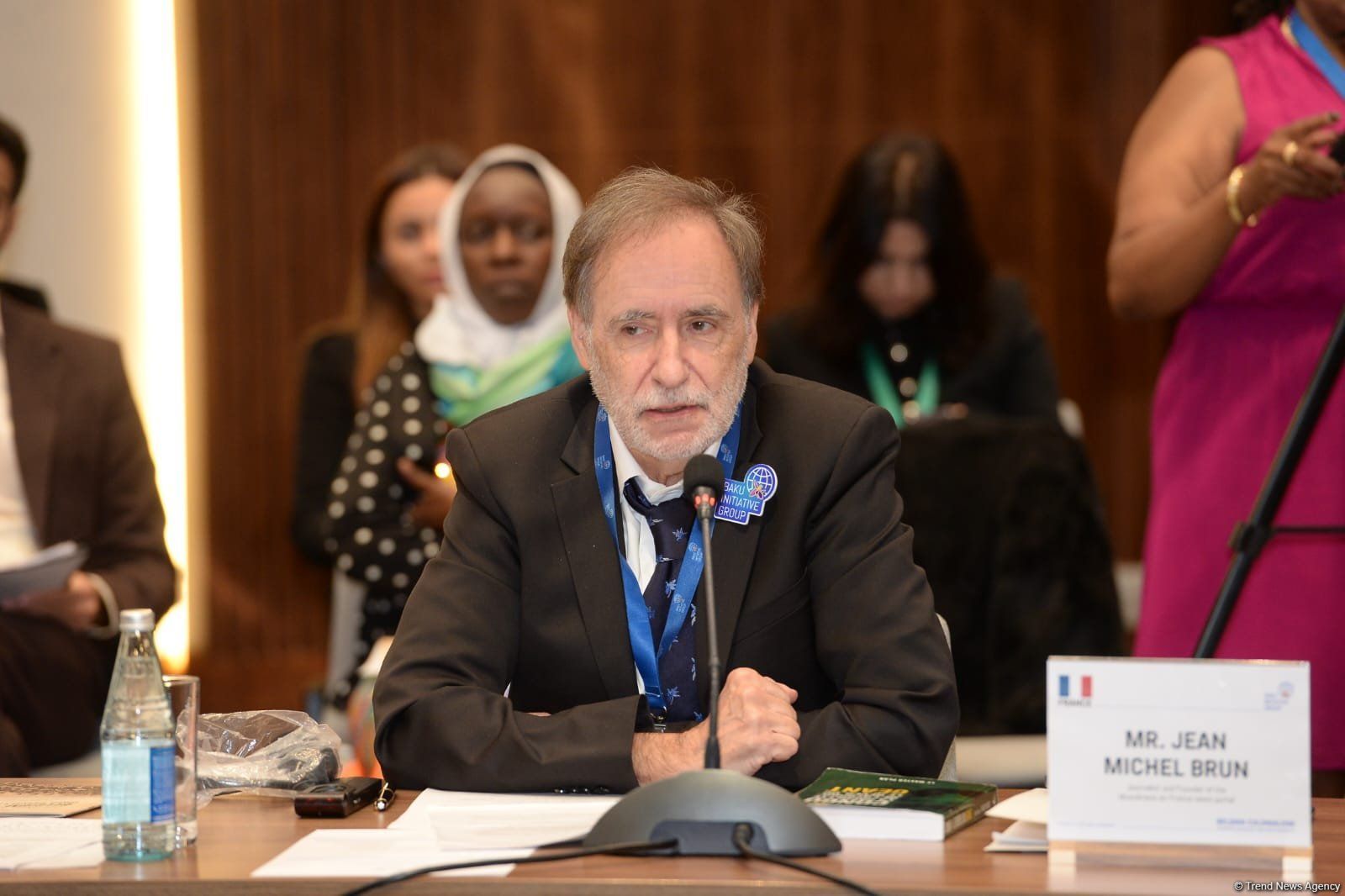Baku hosts international conference on Belgium’s colonial past and its lasting impact

An international conference titled “Belgian Colonialism: Recognition and Responsibility” is being held today under the organization of the Baku Initiative Group, Azernews reports.
The event is dedicated to examining Belgium’s colonial past and the severe consequences that continue to affect its former colonies. Representatives from the Democratic Republic of the Congo, Rwanda, and Burundi, all former Belgian colonies, are attending the conference, alongside diplomats and government officials.
The gathering brings together experts in international law, historians, researchers, civil society activists, and specialists on reparations from eight countries. Participants are expected to discuss the historical injustices of Belgium’s colonial rule and explore pathways toward recognition, accountability, and restorative justice.
Belgium’s colonial history — centered above all in the Congo — remains one of the most controversial and brutal episodes in modern European imperialism. Though often overshadowed by the colonial legacies of larger empires like Britain and France, Belgium’s rule in Central Africa stands out for its extreme violence, exploitative economic system, and enduring social and political consequences.
Belgium entered the colonial race relatively late. King Leopold II, frustrated by his small nation’s lack of global influence, personally acquired vast territories in Central Africa in the 1880s under the guise of humanitarianism and anti-slavery efforts. At the Berlin Conference of 1884–85, European powers recognized Leopold’s claim over what he called the Congo Free State, a territory nearly 80 times the size of Belgium, ruled not by the Belgian government, but as the king’s private domain.
When independence came in 1960, it was sudden and chaotic. Belgium had done little to prepare the Congo for self-rule; at independence, there were only a handful of Congolese university graduates. Within days, mutinies broke out in the army, Belgian troops intervened, and the mineral-rich province of Katanga seceded with Belgian corporate backing.
The legacy of Belgian colonialism is visible across many dimensions of Congolese life:
-
Economic dependency: The colonial focus on mineral extraction for export left the Congolese economy vulnerable and under-diversified. Today, the Democratic Republic of Congo remains one of the world’s richest countries in natural resources, yet among the poorest in human development.
-
Weak institutions: The lack of an educated administrative class and the colonial suppression of local governance created a vacuum in post-independence leadership and state capacity.
-
Ethnic fragmentation: Belgian authorities often exploited ethnic divisions through a “divide and rule” strategy, deepening cleavages that persist in political and regional conflicts.
-
Cultural erasure and trauma: Generations of Congolese were subjected to racial hierarchy and cultural devaluation, effects that endure in questions of identity, language, and education.
Here we are to serve you with news right now. It does not cost much, but worth your attention.
Choose to support open, independent, quality journalism and subscribe on a monthly basis.
By subscribing to our online newspaper, you can have full digital access to all news, analysis, and much more.
You can also follow AzerNEWS on Twitter @AzerNewsAz or Facebook @AzerNewsNewspaper
Thank you!




